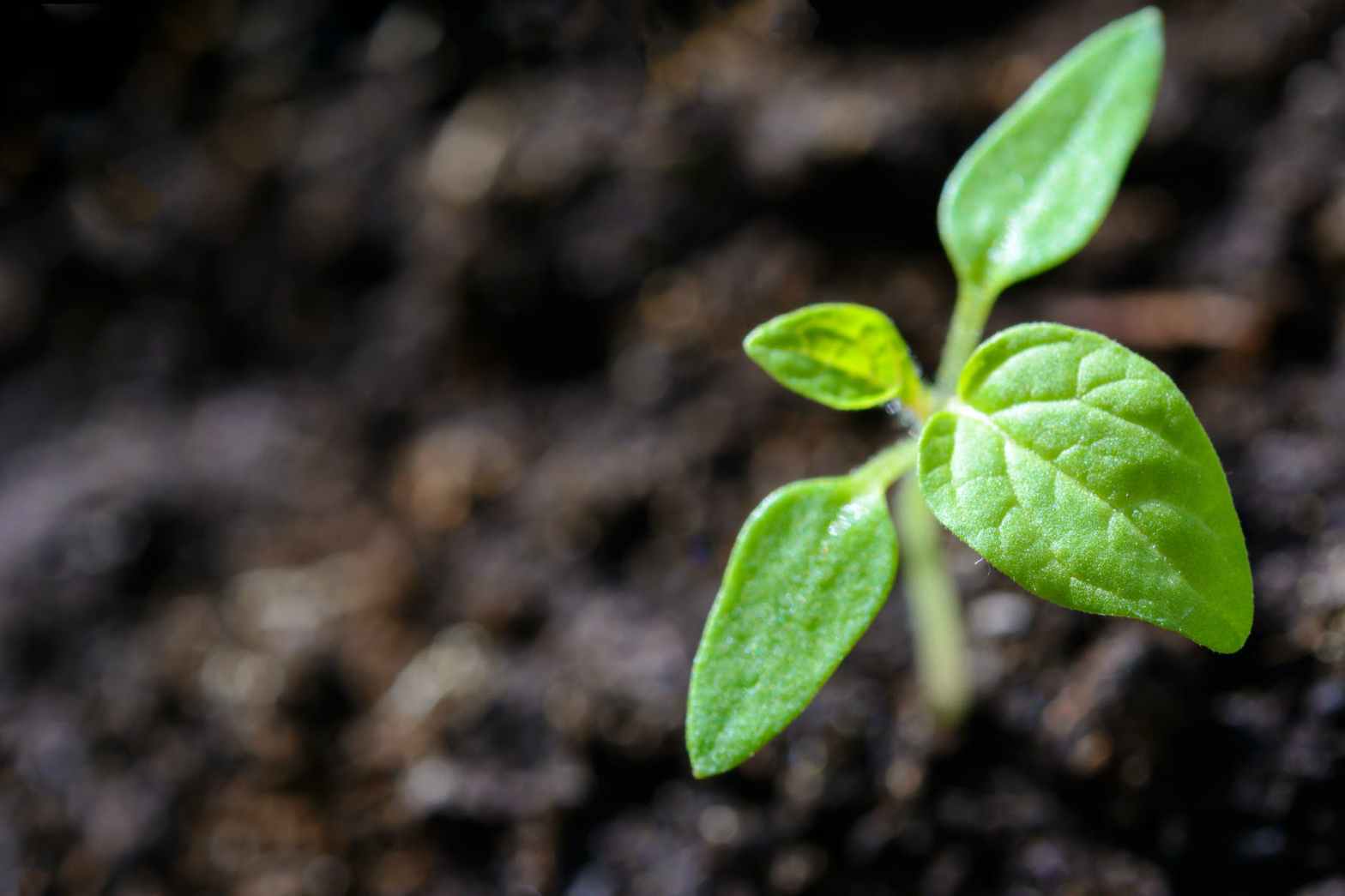By Carissa Weber, MA, LPC, CSAC
This was a guest blog post I wrote for the Wisconsin Farm Bureau in honor of Mental Health Awareness Month. I am excited to share this blog post with you as our world’s agricultural families are facing a mental health crisis amongst new stressors and demands. Even if you do not work in the world of agriculture, this post is super important to help people better understand the role mental health plays in our lives. Please read and enjoy!
Spring is a wonderful time of year. Between the mud, field work, equipment breaking down, babies being born in places they shouldn’t be, Spring brings so much joy (can you detect my sarcasm?) to the farming community.

With all of that going on, I can imagine how busy you must be. To keep up with the demands the life of agriculture, I bet you are putting in long hours, putting sleep off (even if you want nothing more than a comfy bed), and forming an even stronger relationship with your coffee.
May is Mental Health Awareness Month. I know it might be the last thing on your mind, but what if we let it come to the front, just for a minute?
What is mental health?
Mental health is a broad term that encompasses our emotional, psychological, and social well-being (U.S. Department of Health & Human Services, 2022). Found in every single person, mental health helps predict:
- how we handle stress
- how we make choices and decisions
- relate to other people in our lives
People, at any age, can struggle with their mental health. No different than struggles with physical health, mental health struggles can be small (like avoiding certain tasks) to huge (for example, being so nervous you get nauseous).
Why is Mental Health Important to Agriculture?
If you are involved in agriculture in any way (professionally or as a hobbyist), you understand what is all involved. There are parts that you love, parts you are okay with, and parts you don’t particularly care for. These things all impact our mental health.

Let’s take a look for a moment on our animals. What happens when they aren’t feeling well? Do they preform like they normally would? Mostly likely not. When you don’t feel good, are you preforming at your best? I would take a guess you might be a bit more cranky when things break down, short with people around you, and you could potentially be forgetting some (very) important information that could make your life a bit easier.
By taking time to take care of yourself, you are able to be more present with your farm, your family, and with your community.
Did you know there are therapists that specialize in rural health/agriculture?
How can you get/stay mentally healthy?
Take a moment to slow down. Think about the things you love about farming. For me, it is watching what I plant grow, seeing the progress my young horses make, and watching my children learn the skills that will help them keep the traditions of farming alive. When we think about why we love what we do, we are doing something called internal validation. Internal validation is the art of reminding ourselves that we are more than the stress or chaos we are currently living in. Internal validation does a couple things for you:
- improves your brain’s functions (especially the part that is responsible for memory)
- increases the release of the neurotransmitter, oxytocin, which helps you feel more connected to your role in agriculture and to your family
- promotes the release of the neurotransmitter, serotonin, which helps you feel the emotions of happiness and joy (even helps with getting you to have a more restful night)
- enhances your ability to be productive on the farm and remember the bigger picture, not just the stressors currently happening
Set up realistic goals
Another way to get (and stay) mentally healthy is to set up some realistic goals. If you live by a to-do list, you know the satisfaction that comes from checking things off. By creating that step-by-step goal, you are releasing a neurotransmitter called dopamine. Dopamine is responsible for helping you feel accomplished, and relaxed. Taking five minutes a day is all you need

One last way to help get your mental health on track is to talk to a mental health professional. It seems scary, but mental health services have changed drastically in the last couple of years (thanks to Covid). You know have the ability to see a therapist in the comfort of your own home thanks to telehealth. Mental health therapists are trained to help people in a lot of different ways:
- Find ways to manage and cope with daily life stressors
- Decrease feelings of dread and despair
- Explore ways of communicating with the people around you
- Re-gain confidence and self-esteem in yourself
- Ease worry and anxiety
- Re-discover the things that bring joy into your life
- Cope with life changes that aren’t so great (and some that are)
- Identifying why your brain does what it does if your mental health isn’t so hot
- and so much more!
Taking time each day to focus on your mental health gives you a greater quality of life yield than muscling through the discomfort and ignoring the doubt. You see how caring for your crops and animals benefits your farm, and you aren’t any different.
To recap this post:
– Nurturing your mental health is taking care of your health
– There are different ways to take care of your mental health
– Everyone has mental health
Image Sources
- Carissa Weber at www.thatdarnamygdala.com
- www.pexels.com

Leave a Reply